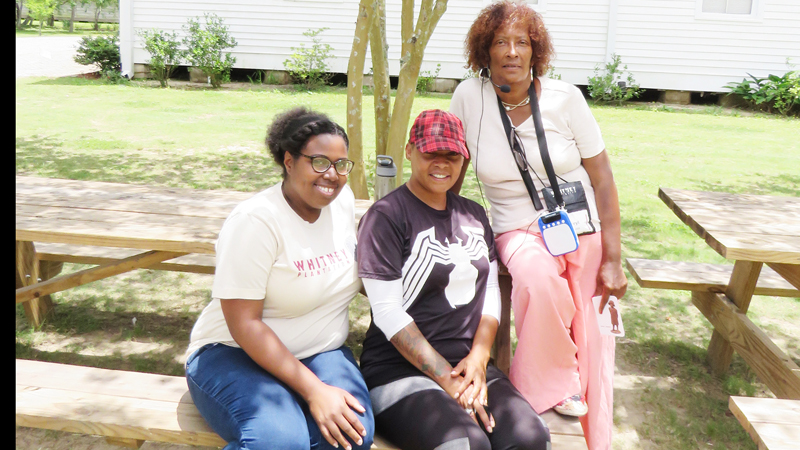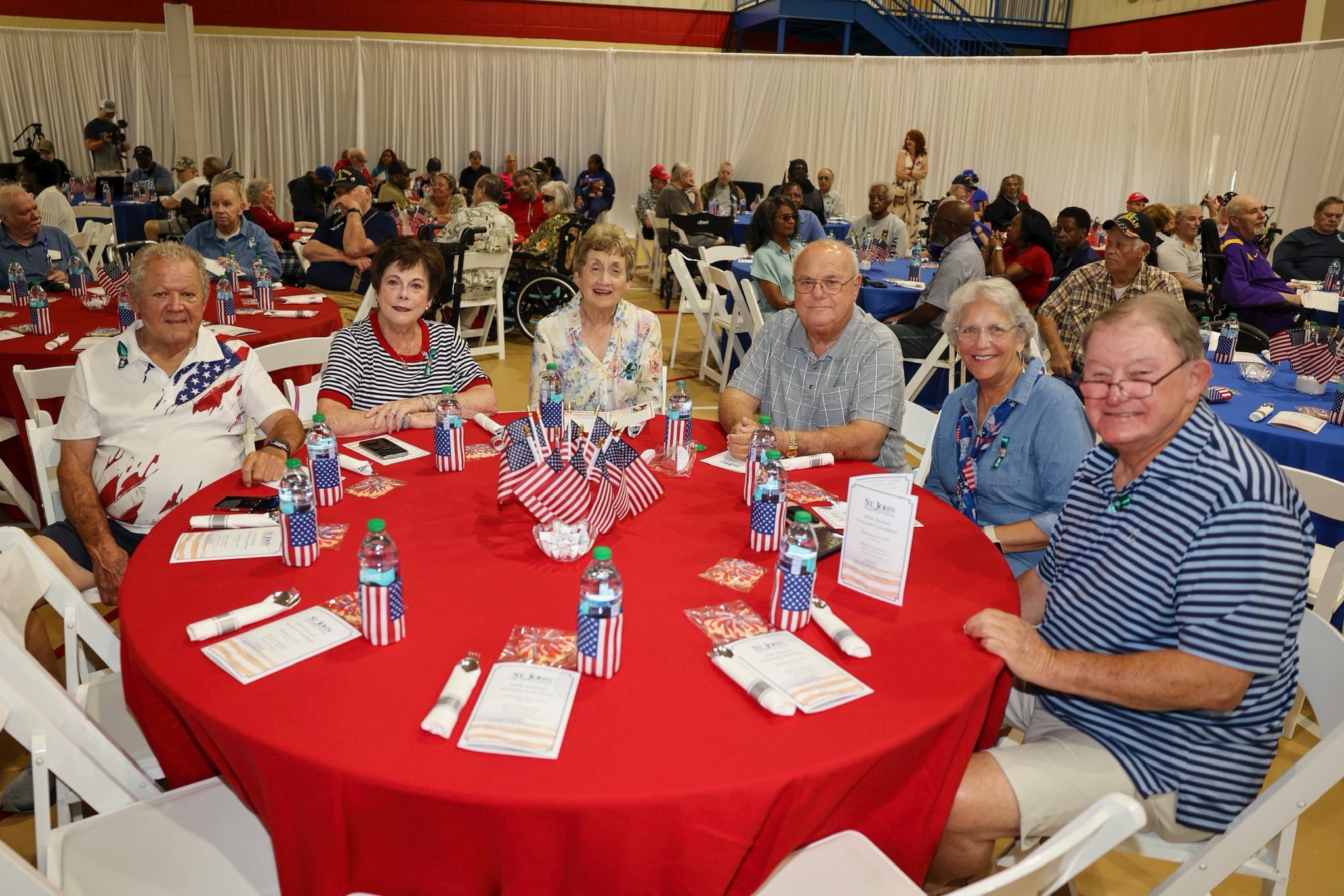Celebrate our other Independence Day: Juneteenth
Published 12:15 am Wednesday, May 24, 2017

- Whitney Plantation tour guides Courtni Becnel, from left, Adina Oubre and Cheryl Gaudet sit on the grounds at the Wallace plantation dedicated to the slave experience. The public is invited to numerous special events at the location next month.
Slavery did not end with the last battle of the Civil War. The enslaved were held for various lengths of time following the surrender of General Robert E. Lee in April of 1865, and more than two years after President Abraham Lincoln’s Emancipation Proclamation was signed into law.
To honor the end of slavery, people considered celebrating Jan. 1 or even Lincoln’s birthday. Eventually, they settled on June 19, marking the day in 1865 when Major General Gordon Granger delivered the news of the war’s end in Galveston, Texas.
Today, “Juneteenth” is generally celebrated as Independence Day for the formerly enslaved.
More than 200 years later, Whitney Plantation in Wallace is celebrating the event with its second annual Juneteenth Festival.
Whitney will host a day of fun, food and festivities to celebrate heritage and freedom from 10 a.m. to 4 p.m. June 17 on the grounds of the plantation at 5099 Louisiana 18 (River Road) in Wallace.
The cost is $15 or $5 for children under 17. Children under 2 will be admitted free.
The festival will feature musical performances, drum groups, a second line performance, arts and crafts, food and beverages. There also will be a barbecue-cooking contest for fathers and sons or mentors and mentees. A special area will be set up for the contest.
Visitors also will be able to self-tour the grounds of the plantation, which offers a unique experience.
Opened in 2014, Whitney bills itself as the only plantation museum in Louisiana with a focus primarily on slavery.
While the grounds feature a traditional “Big House,” one of the best preserved raised Creole cottages in Louisiana, it also holds a slave memorial dedicated to 107,000 people who were enslaved in Louisiana, and the Field of Angels, which is dedicated to the more than 2,000 slave children under the age of 3 who died.
Throughout the grounds are “The Children of Whitney,” a series of sculptures by Ohio-based artist Woodrow Nash, depicting slave children as they would have looked at the time of emancipation.
Many of the Juneteenth performances will be held in and around Antioch Baptist Church, built in 1870 in Paulina and donated to Whitney Plantation in 1999.
Opening June 2 is a new exhibit, which will detail slavery in Louisiana, Afro-creole culture and the Louisiana sugar industry. A reception will be held from 4 to 6 p.m. to coincide with the opening.
Whitney offers guided tours throughout the day, but they fill up and sell out quickly.
According to marketing director Joy Banner, the plantation received more than 50,000 visitors last year, up from just over 30,000 in 2015.
Many of the tour guides, including Courtni Becnel and Banner, are from the area and are descendants of the slaves of Whitney Plantation.
“To me, it’s always about community engagement,” Becnel said. “For the first time, we have a plantation that is telling what I think is the most important story. We wouldn’t have plantation homes to tour if you did not have the slaves. If everybody was working hard and getting paid, you wouldn’t have these big homes. There wouldn’t be so much wealth and opulence. For many people in the community who are descendants, we now have a place we can go and hear the story and honor our ancestors in a respectful way.”
The Juneteenth Festival is an open invitation for everyone, Becnel said.

The head on a stake is part of a new exhibit depicting the slave uprising of 1811, which began in LaPlace.
“This is an opportunity for people that don’t necessarily have time for the guided tour or are travelling with children that may not be as attentive to the guided tour,” Becnel said. “Everything will be open. They can self-tour the grounds, and we will have tour guides stationed to answer any questions.”
Banner said it’s also a chance for local residents to visit the tourist attraction.
“We’re on their radar,” Banner said. “People go by and say, ‘I’m going to go there some day.’ This would be a great day for them to come.”







